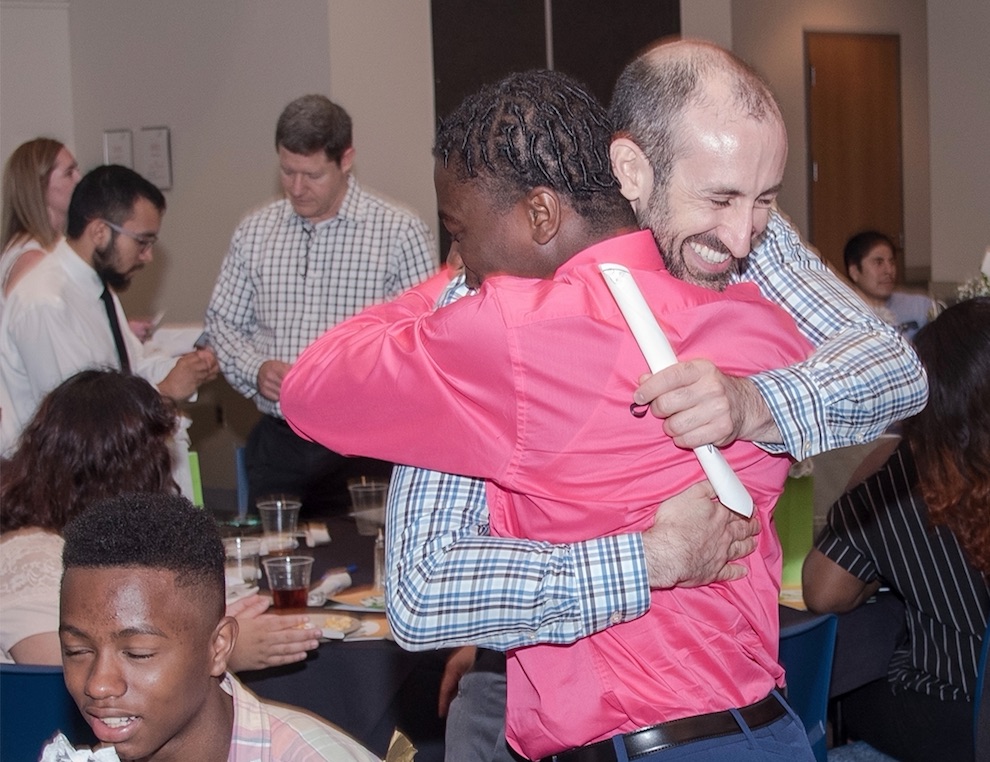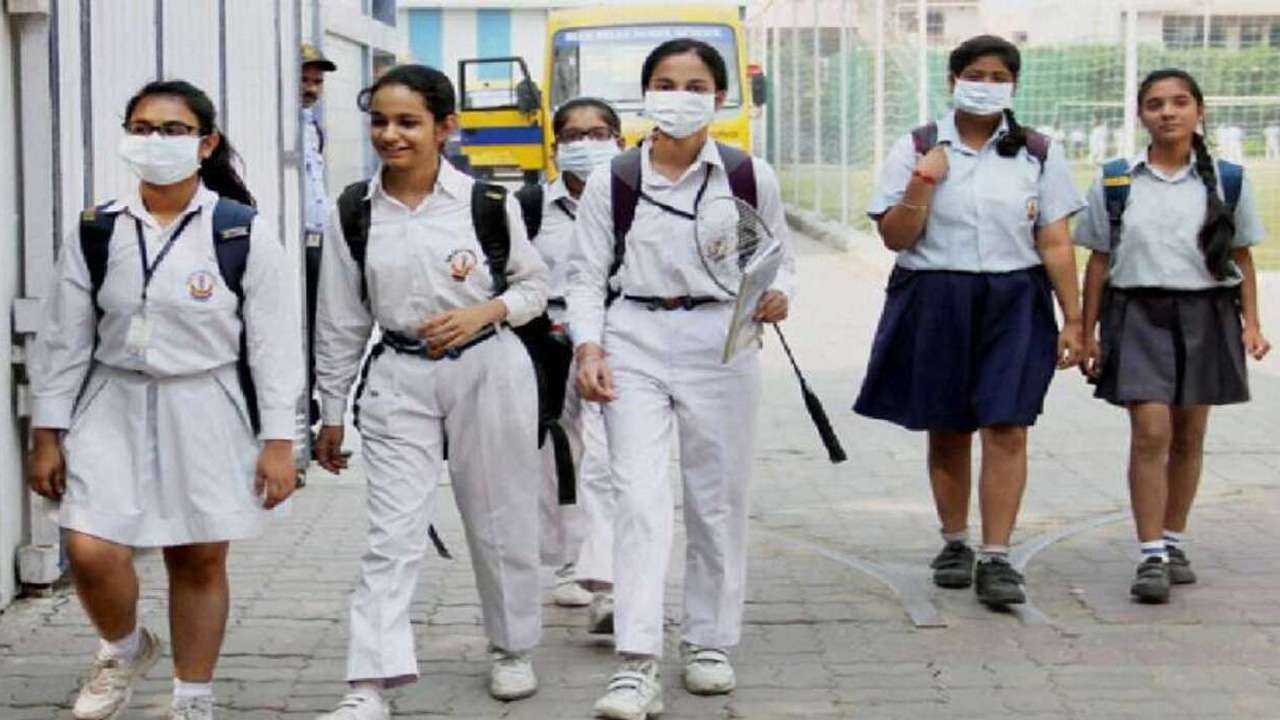
- Select a language for the TTS:
- UK English Female
- UK English Male
- US English Female
- US English Male
- Australian Female
- Australian Male
- Language selected: (auto detect) - EN
Play all audios:
By Guest Columnist KWAME JOHNSON, _president and CEO of Big Brothers Big Sisters of Metro Atlanta._ One of the more under-utilized resources in metro Atlanta is the potential of our young
people. In Atlanta, more than many other large cities, your ZIP code determines your life trajectory. A 2018 study from Harvard University’s Opportunity Insights showed that Atlanta and
Charlotte have the lowest rates of upward mobility for children who grow up in those cities, despite very high rates of job and wage growth over the past two decades. Why are children left
behind in so many Atlanta neighborhoods? It seems astounding that a vibrant city with so many opportunities can’t improve the lives of children in a significant way. As someone who faced my
own challenges as a young person and was inspired to work in the nonprofit sector by the mentors in my life, I have learned first-hand that it is relationships that truly change people. At
Big Brothers Big Sisters of Metro Atlanta, our mission is entirely based on relationships. Together with volunteers and parents, we work to defend the potential of young people by creating
professionally supported one-to-one mentoring matches. Our program draws on countless studies regarding best practices in the mentorship space. Why do relationships have such incredible
power to create change? I believe that it is partially about inspiration – giving young people a different lens on the world and allowing them to envision themselves and their futures in a
new way. A long-lasting mentoring relationship also provides a young person access to resources and connections that may not be available in their neighborhood. Regardless of what kind of
challenge someone is facing, regardless of what ZIP code they live in, regardless of the situation, strong relationships have produced absolutely amazing results for us. A great example of
that is the relationship between Big Brother Avi and Little Brother Tayvion, who were matched in our program for nine years. Avi has been a constant presence in Tayvion’s life over the
years, even though he travels frequently for his work. He has supported and encouraged Tayvion at school, attending teacher conferences and school activities. Together they have gone
camping, attended local festivals, tree plantings, workshops, career fairs, college visits, homework help and more. Tayvion’s mother says that, “Avi has been a true inspiration” to Tayvion,
helping his self- confidence “soar” and his academics improve dramatically. The most important life lesson Tayvion’s mother says he has learned from Avi, however, is one of commitment.
Tayvion was graduated from high school in 2018 and is currently attending Valdosta State University, with plans to major in child development. For most people, the first step to fulfilling
your potential is getting an education. Studies have shown that young people who face adversity benefit from mentors – they have stronger school attendance and a better chance of moving on
the higher education. Youth who have gone through our program consistently report stronger academic results than when they started. This year, 88 percent of the seniors participating in our
program were graduated from high school on time, with 93 percent of graduating seniors reporting plans to pursue post-secondary education or enter the military. Our work aligns with the
United Way of Greater Atlanta’s focus on child well-being. More than half of the children we serve are concentrated in ZIP codes that have a high risk for factors including poverty, food
insecurity and single-parent families. Approximately 28 percent of the children in our one-on-one mentoring program resided in the ZIP codes with very low child well-being scores and 32
percent lived in the ZIP codes with low child well-being scores, as measured by the United Way’s Child Well-Being Index. In 2019 and beyond, our goal is to increase the number of children
served by the program. We are proud to work with many amazing partners, including funders like The Marcus Foundation, which has recently renewed its generous multi-year commitment to our
work. January is National Mentoring Month, as well as the time that many of us make resolutions to change our lives. It is a perfect time to reflect on your impact on the community and on
our greatest resource, young people. How can you help? We are always in need of financial support and volunteers, especially male volunteers who can work with boys on the south side and west
side of metro Atlanta. Everyone can make a difference, and we encourage you to reach out to us to learn more. Together, we can defend the potential of young people in Atlanta. And they can
do great things for their children, and generations to come. _Note to readers: Kwame Johnson joined Big Brothers Big Sisters of Metro Atlanta as president/CEO in March 2018, following
service as executive director of the metro Atlanta region of PowerMyLearning. Johnson began his work with nonprofits at the Woodson Center and Communities in Schools, both based in
Washington._ _RELATED POSTS_




